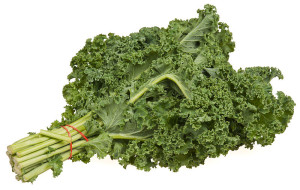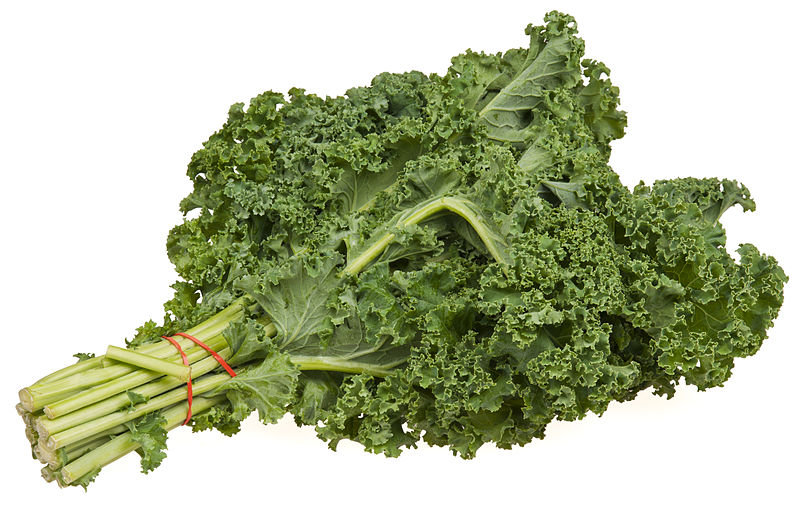 Of all leafy greens known to man, kale is arguably the most popular. Also known as borecole, this vegetable from Brassica oleracea Acephala Group comes with either green or purple leaves and is in a nutritional class of its own for the following reasons.
Of all leafy greens known to man, kale is arguably the most popular. Also known as borecole, this vegetable from Brassica oleracea Acephala Group comes with either green or purple leaves and is in a nutritional class of its own for the following reasons.
Low Calorie and High in Fiber Content
Kale has low amount of calories at just 36 for one cup. It’s however rich in fiber which aids in digestion. It also has no fat at all, making it a healthy meal for diet watchers. Kales contains other nutrients such ad vitamins, folate and magnesium.
Iron Rich
Did you know kale has more iron than beef? Well, iron is vital for hemoglobin formation, transportation of oxygen, cell growth, and liver function among others. This gives you more reasons to eat lots of kale.
Vitamin K
Kale is rich in Vitamin K, a vitamin necessary for prevention of a myriad of cancers. Vitamin K is well known for enabling blood clotting, thereby preventing excessive bleeding. People who consume foods rich in Vitamin K improve especially if they suffer from Alzheimer’s disease.
Antioxidant properties
Kale is rich in carotenoids and flavonoids, antioxidants useful for warding off various cancers.
Anti-inflammation Properties
One cup of kale contains 10% of Recommended Daily Allowance of omega-3 fatty acids.Omega-3 fatty acids are helpful in the fight against conditions such as asthma among other autoimmune conditions.
Cardiovascular Health
Kales have been found to be helpful in preventing heart diseases occasioned by cholesterol accumulation in the body.
Vitamin A
For healthy vision, eat kales which are rich in Vitamin A. This vitamin improves on your vision, not to mention preventing oral and lung cancer.
Vitamin C
Kales are rich in Vitamin C, necessary for your metabolism, immune health as well as boosting your hydration.
Calcium Content
It is interesting to note that kale has more calcium than milk. Calcium helps in reducing osteoporosis or bone loss and maintenance of a healthy metabolic rate.
Detoxification
Kale is laden with fiber and sulfur both of which are useful for maintaining a healthy liver. The liver is useful in the body for the elimination of waste products.
Photo Credit : Evan Amos via Wikicommons

